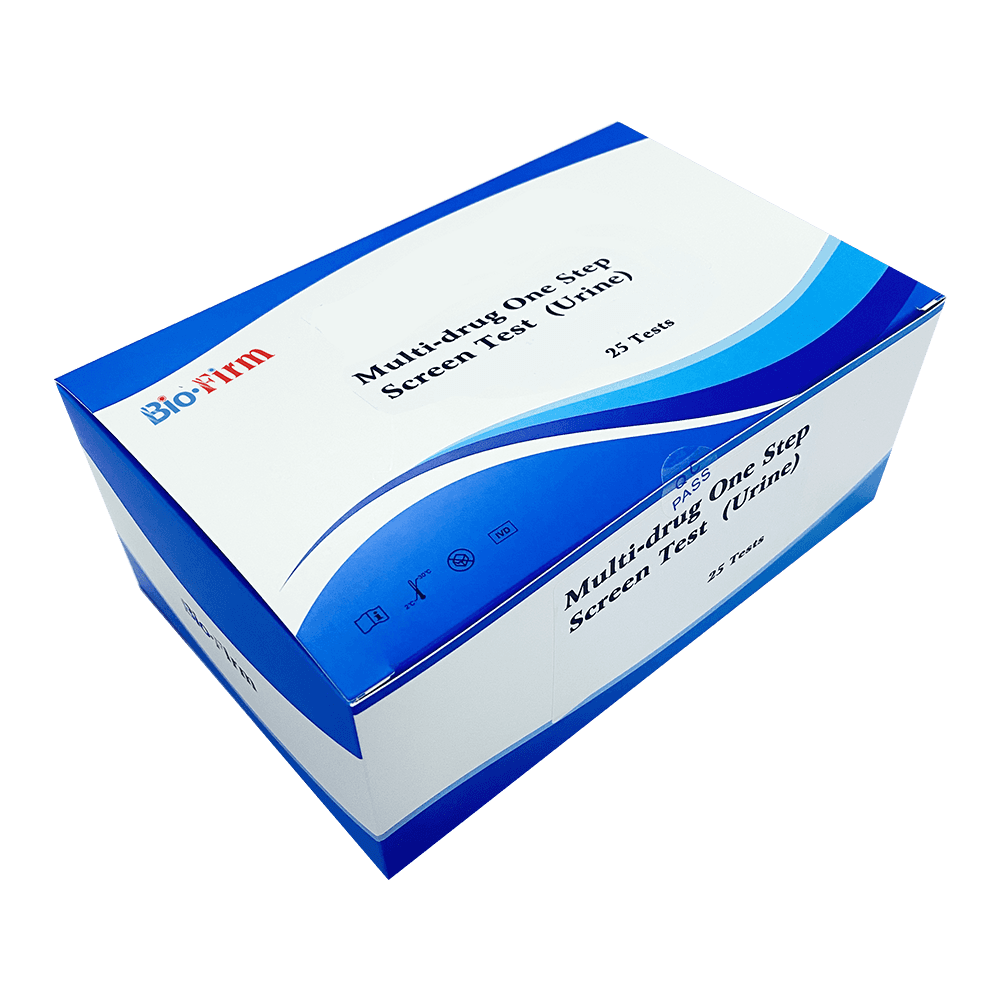Jul 01,2022
Infectious disease detection: Rapid detection kits play a vital role in infectious disease detection. For example, they can be used to detect novel coronavirus, influenza virus, HIV, syphilis, hepatitis B and hepatitis C, etc. These kits are usually able to detect pathogens or related markers in blood, sputum, urine and other samples, thereby helping doctors quickly diagnose whether patients are infected with related viruses or bacteria.
Inflammation and tumor marker detection: In the medical field, rapid detection kits are also commonly used for the detection of inflammation and tumor markers. By detecting specific proteins or other biomarkers in the blood, doctors can determine whether patients have diseases such as inflammation, infection, or tumors, and then develop appropriate treatment plans.

Food safety and environmental monitoring: Rapid detection kits also play an important role in food safety and environmental monitoring. They can be used to detect biotoxins, heavy metal residues in food, and fishery drug residues in aquatic products to ensure food safety. At the same time, these kits can also be used to detect pollutants in the atmosphere and water quality, providing strong support for environmental protection.
Rapid test kits are also widely used in the field of fertility and pregnancy. For example, fertility and pregnancy rapid testing kits can be used to quickly detect key indicators such as human chorionic gonadotropin (hCG) in pregnant women, helping doctors accurately determine the pregnancy status of pregnant women and the health of the fetus. This is of great significance for early pregnancy diagnosis, ectopic pregnancy screening, fetal development monitoring, etc.
In addition, rapid detection kits also play a role in other medical fields, such as detecting indicators related to various diseases such as heart disease, diabetes, and liver disease. These kits can quickly provide information about a patient's health status and provide an important basis for doctors to formulate treatment plans.



 Español
Español
 Français
Français
 Deutsch
Deutsch
 عربى
عربى








